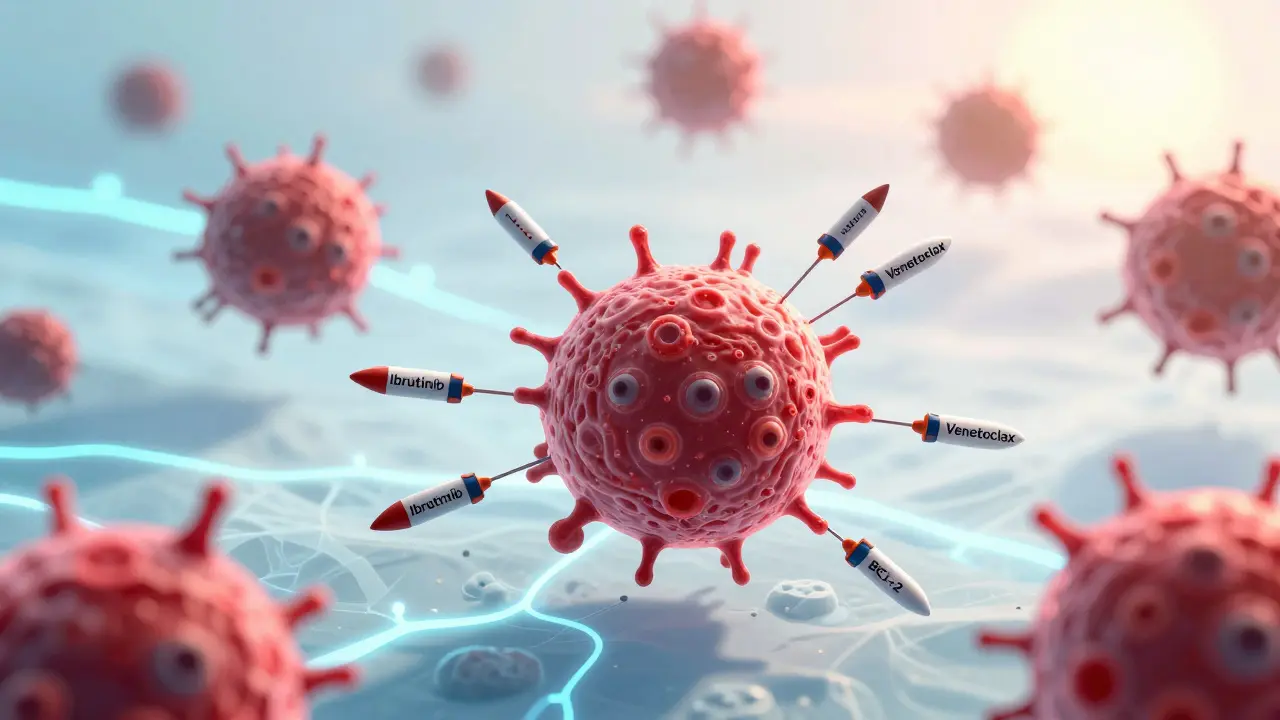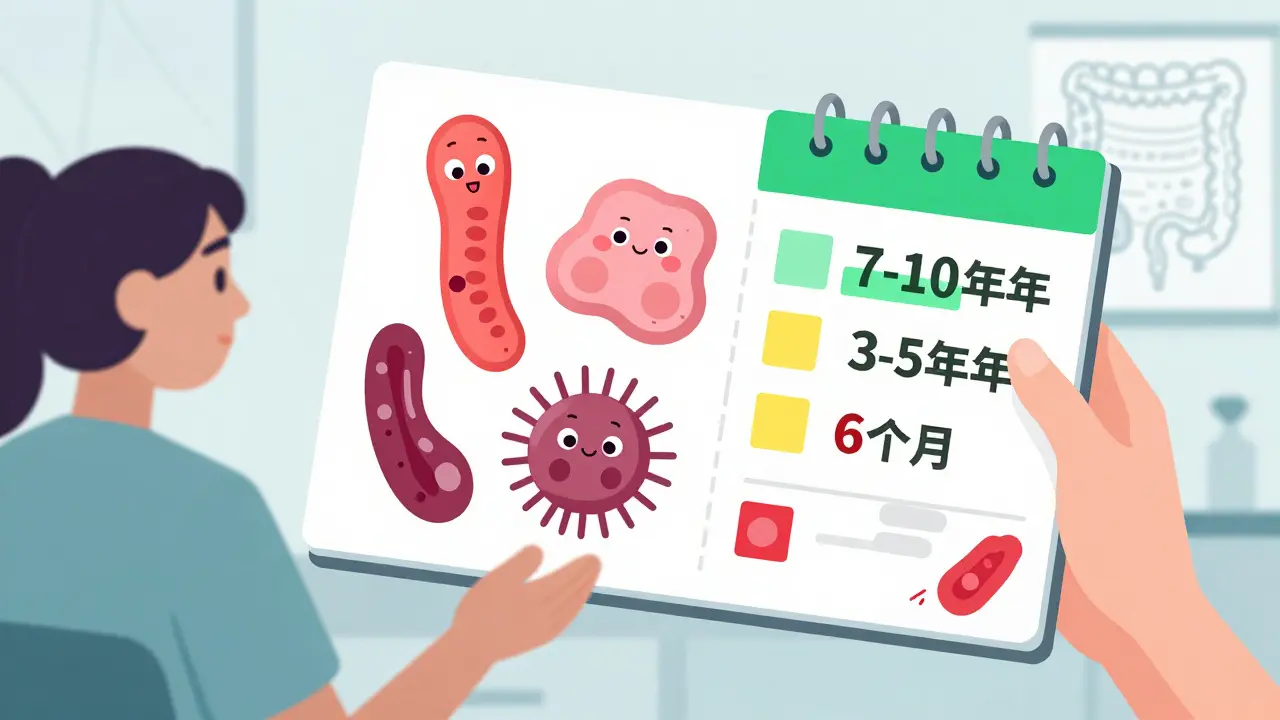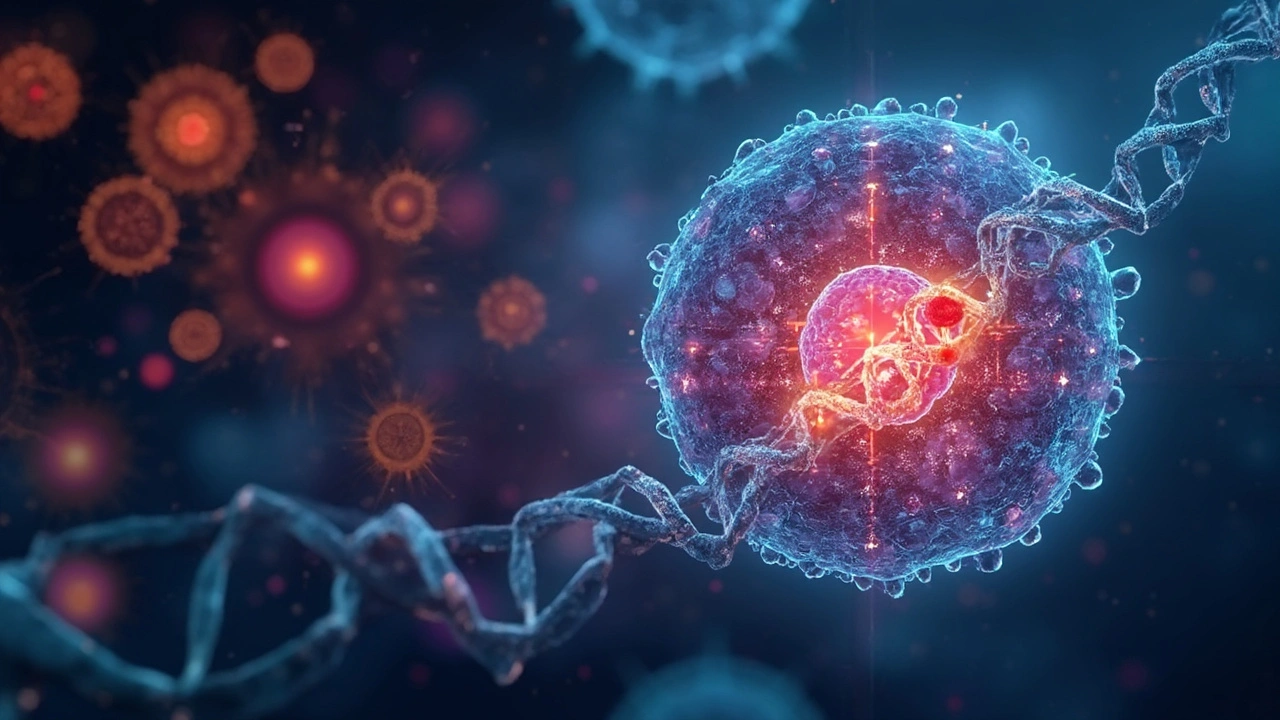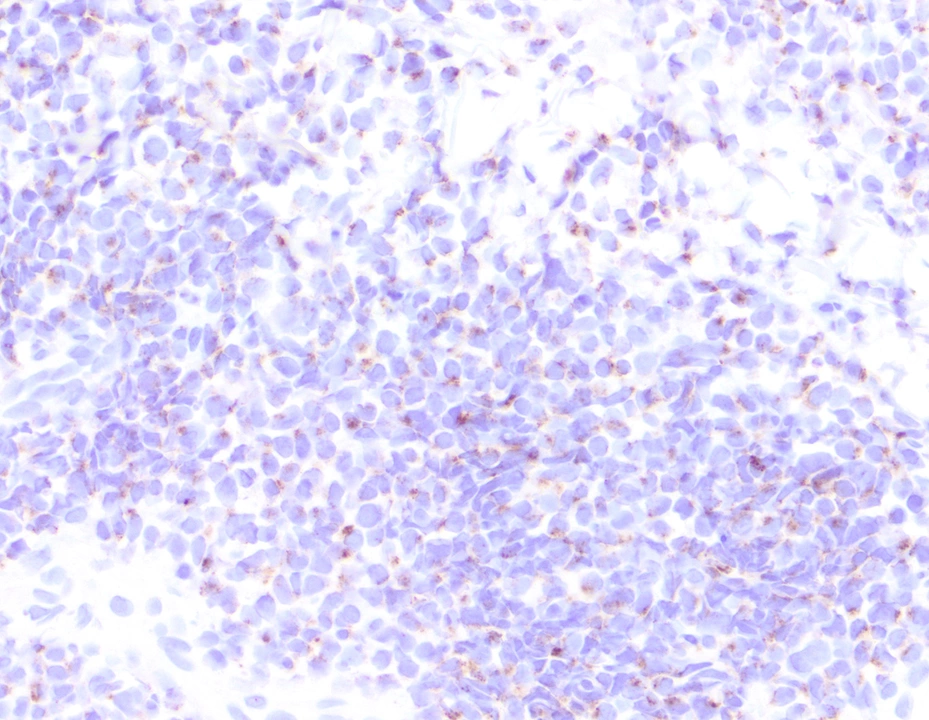Oncology: What You Need to Know About Cancer Biology and Treatments
Cancer isn't one disease — it's many. Some tumors grow slowly, some spread fast and resist treatment. That difference usually comes down to the genes inside cells, which drive behavior, and to the treatments chosen. Knowing the basics of cancer biology and the treatments available helps you ask better questions and get better care.
At the heart of aggressive cancer are genetic changes. Oncogenes act like a stuck gas pedal, pushing cells to divide. Tumor suppressor genes are the brakes; when they fail, growth runs wild. Common examples are KRAS and EGFR as oncogenes, and TP53 and BRCA1/2 as tumor suppressors. Doctors test tumors for these changes because some drugs work only if a specific mutation is present. For instance, EGFR inhibitors help certain lung cancers and HER2-targeted therapies help some breast cancers.
How genetic testing shapes treatment
Genomic profiling of a tumor looks for mutations, fusions, or amplifications that guide drug choice. That can mean switching from chemotherapy to a targeted pill or adding an immune therapy. Tests can also predict resistance: a mutation might make a drug stop working after a few months. Knowing this upfront saves time and reduces harmful side effects by avoiding treatments unlikely to help.
Immunotherapy changed care for many cancers. Drugs that block PD-1 or PD-L1 unleash the immune system to attack tumors. They work spectacularly for some patients but not for others, and they can cause autoimmune side effects that need quick management. For blood cancers, CAR-T cell therapy can induce remission when other options fail, though it carries risks that require hospital monitoring.
Local and systemic options, plus skin lymphoma care
Surgery and radiation target tumors locally and are often curative for early disease. Systemic therapies — chemotherapy, hormones, targeted agents, and immunotherapy — treat cancer that has spread. For certain skin lymphomas like mycosis fungoides, doctors often start with topical treatments such as corticosteroids or retinoids and use phototherapy for wider skin involvement. Advanced skin lymphoma may need systemic chemo or immunotherapy.
Clinical trials offer access to new drugs and are worth asking about, especially when standard treatments stop working. Trials can test targeted drugs, novel immunotherapies, or combinations that might work better than existing options. A tumor board or specialized cancer center can point you to relevant studies.
Living with cancer means managing symptoms and side effects. Pain control, nutrition, mental health, and rehabilitation matter as much as tumor-directed therapy. Palliative care teams help with quality of life at every stage, not just at the end.
Start conversations with your care team: ask about biomarker testing, potential side effects, second opinions, and clinical trials. Keep a simple record of treatments and symptoms, and bring a family member to appointments. Learning a few specifics today can change your options tomorrow.
If you want reliable info, use reputable sources such as national cancer institutes, peer-reviewed journals, and oncology clinics. Ask for a genetics counselor and join patient groups focused on your cancer type to learn firsthand experiences and practical tips for daily management today.
Leukemia and Lymphoma: Targeted and Cellular Therapies
Targeted therapies and CAR T-cell treatments are transforming leukemia and lymphoma care, offering deeper remissions and fewer side effects than chemotherapy. Learn how they work, who benefits most, and what’s next in blood cancer treatment.
View moreRepeat Colonoscopy: When to Get Another After Polyps Are Found
When to get your next colonoscopy after polyps are found depends on their type, size, and number. Learn the updated 2020 guidelines for adenomas, serrated polyps, and high-risk cases to avoid unnecessary procedures or missed cancer.
View moreKey Genetic Mutations Behind Aggressive Cancer Growth: Oncogenes & Tumor Suppressors Explained
Dig into the real drivers of aggressive cancers: the genetic mutations that push cells to multiply and resist control. This article lays out the major oncogenes and tumor suppressor genes making it happen, their deadly dance, and how you can actually spot and use this info. Covering hard facts with a practical lens, it tackles both the shocking speed of tumor growth and how doctors chase down these genetic clues. If you want to understand why some cancers explode while others simmer, all roads lead to your DNA.
View moreTreatment Options for Mycosis Fungoides: An Overview
In my recent research, I came across various treatment options for Mycosis Fungoides, a rare type of skin lymphoma. The primary treatments include topical therapies, such as corticosteroids and retinoids, which can help manage the disease in its early stages. Phototherapy, which exposes the skin to ultraviolet light, has also shown to be beneficial. For more advanced cases, systemic therapies like chemotherapy and immunotherapy can be considered. It's important to remember that treatment plans should be tailored to each individual's needs, so consulting with your healthcare team is crucial.
View more



